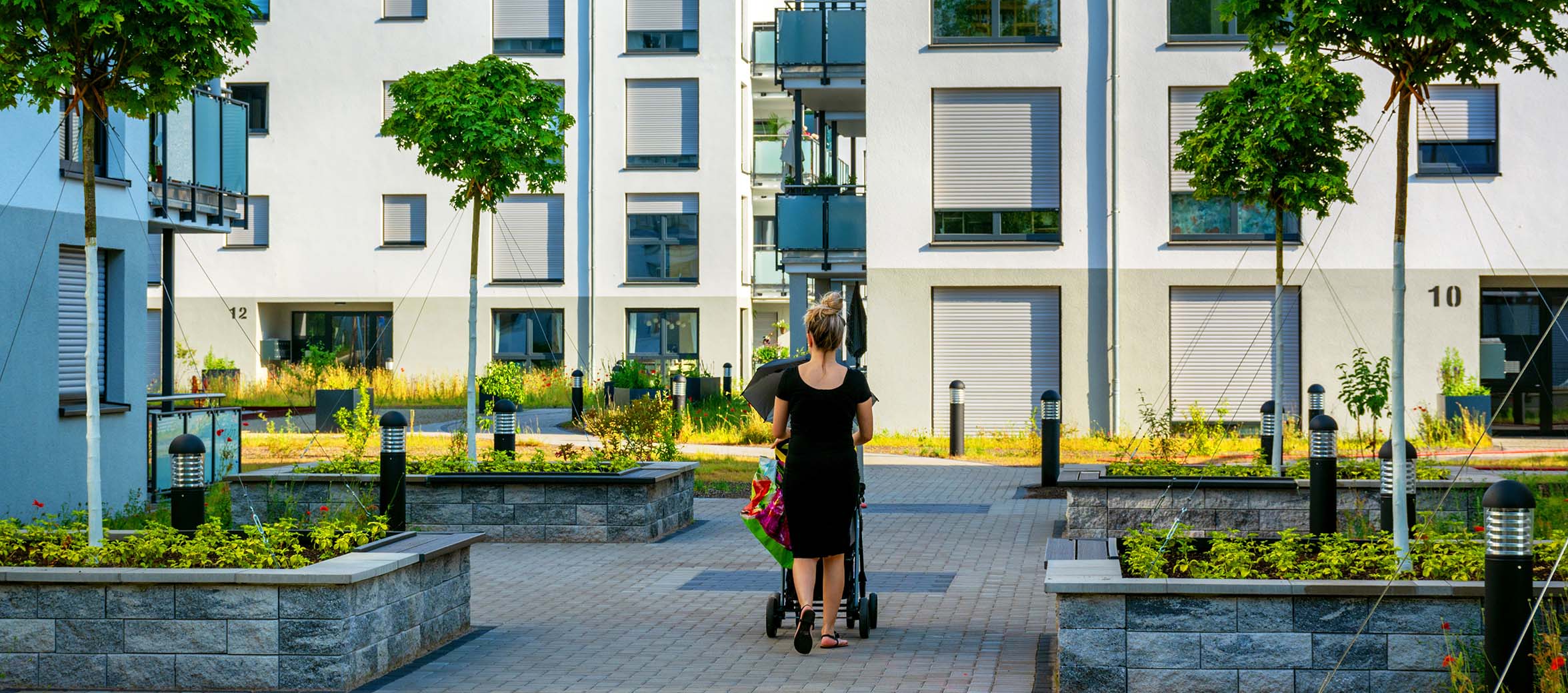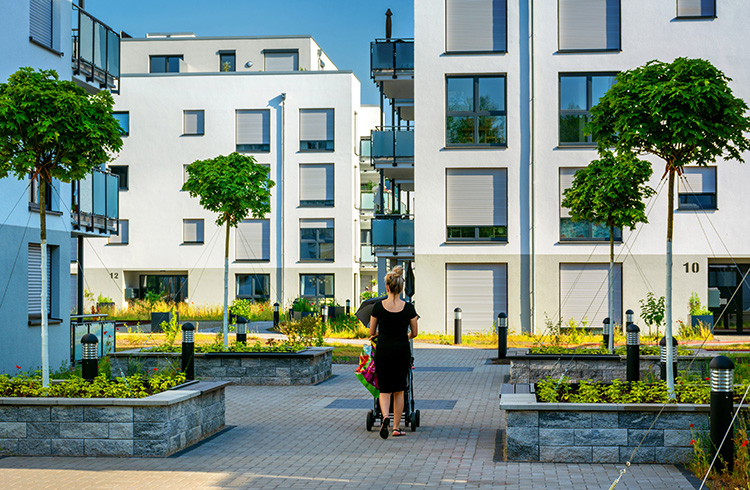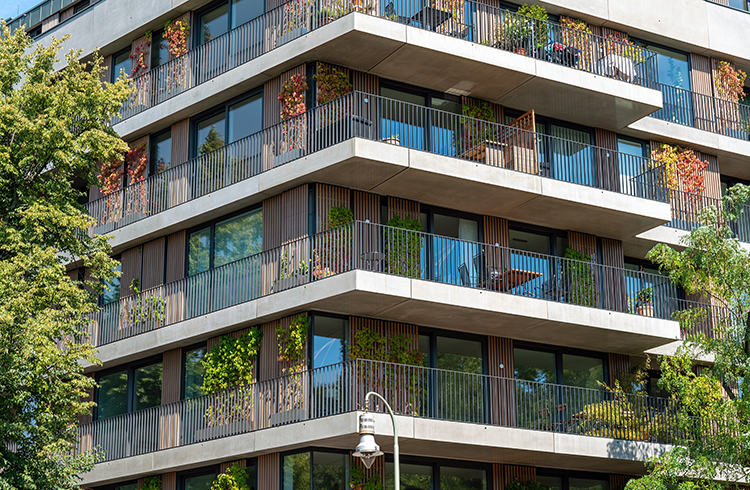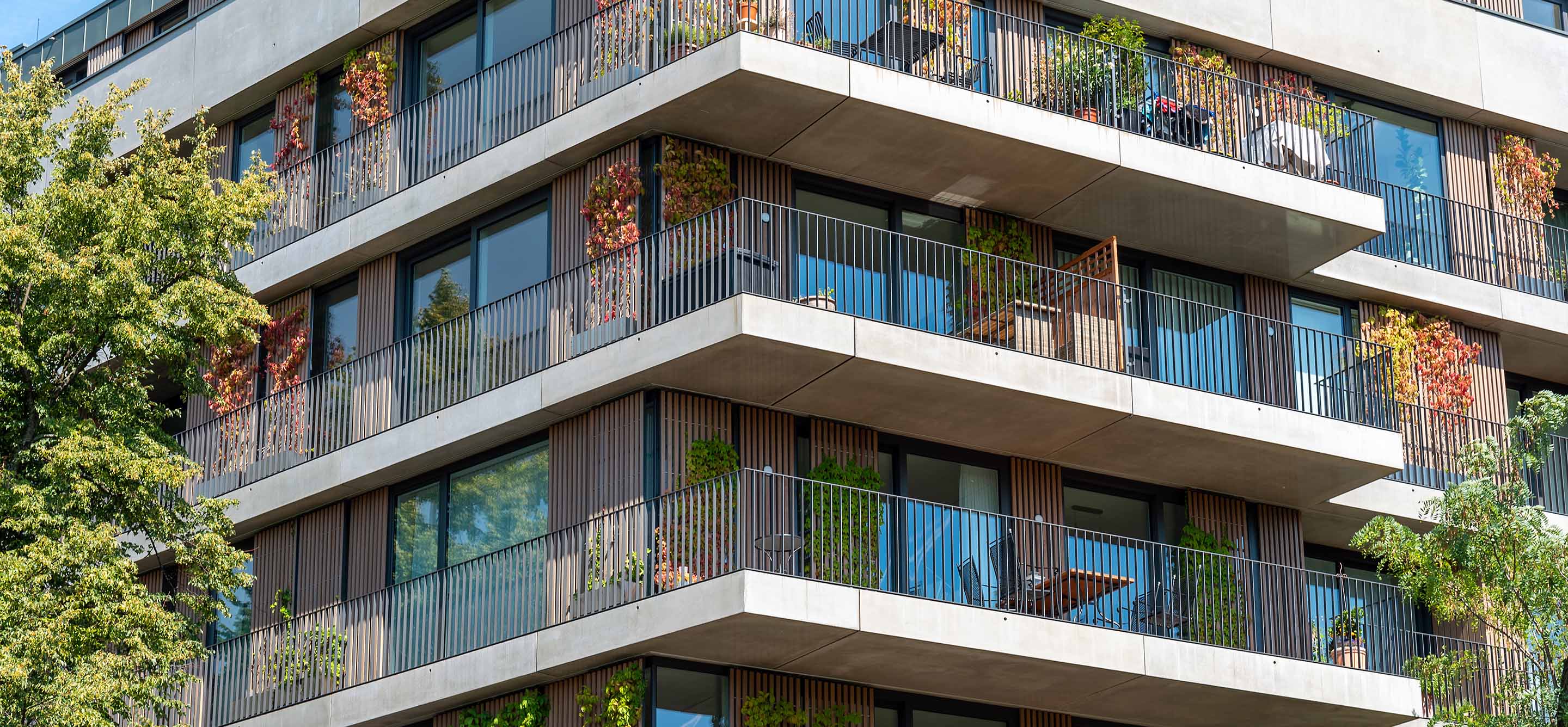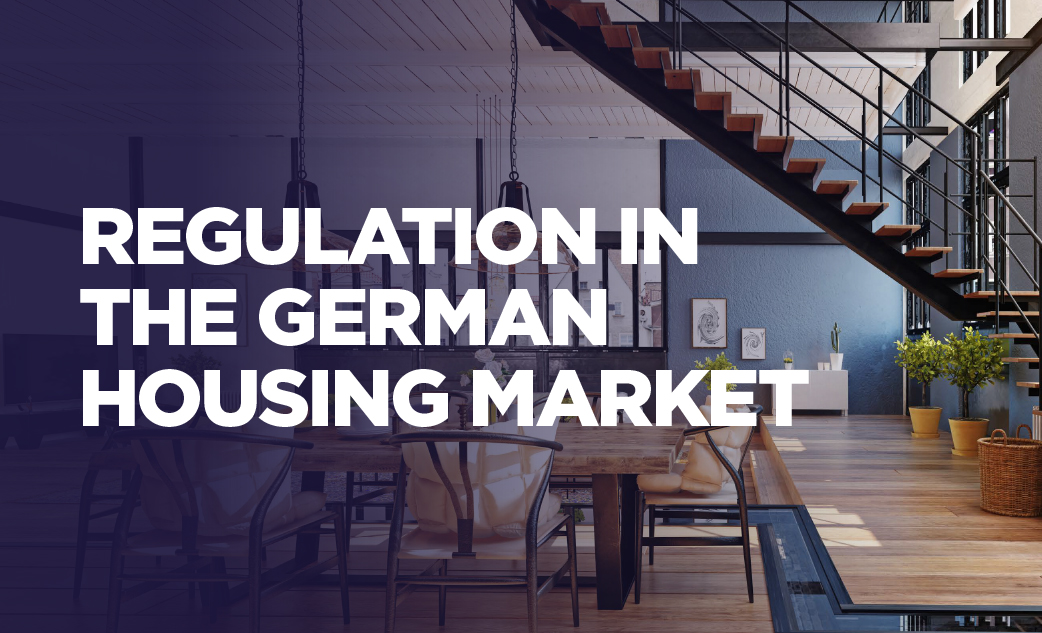After years of stability and a steep upward trend in the German housing market, geopolitics and the Ukraine war brought about a turnaround in 2022: Energy shortages, rising interest rates and inflation slowed developers’ and investors’ project implementations, caused prime yields to rise and created uncertainty about the future. Nevertheless, the German residential market remains attractive for both domestic and foreign investors - thanks, among other things, to its low ownership rate with steadily rising demand for housing as well as Germany's decentralised metropolitan areas and excellent risk rating.
In this report we provide an overview of the German housing market: What makes it special within Europe? What demographic, economic and political developments have shaped it over the past ten years? What is currently driving it and what forecasts can we derive from this?
Focus of the Report:
- How has the German housing market developed in recent years?
- What distinguishes it from other European markets?
- How is the German housing market reacting to the current crises?
